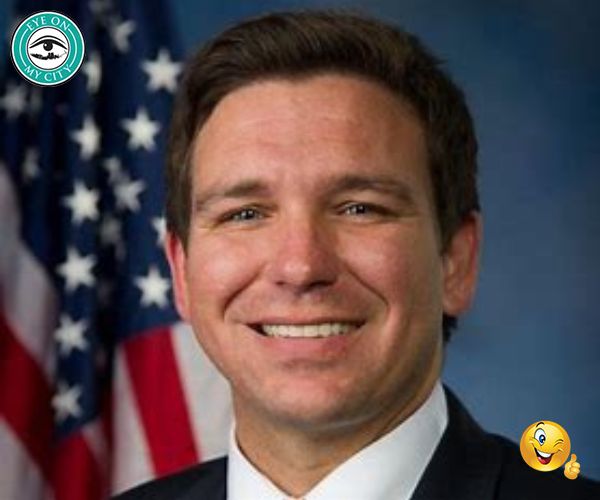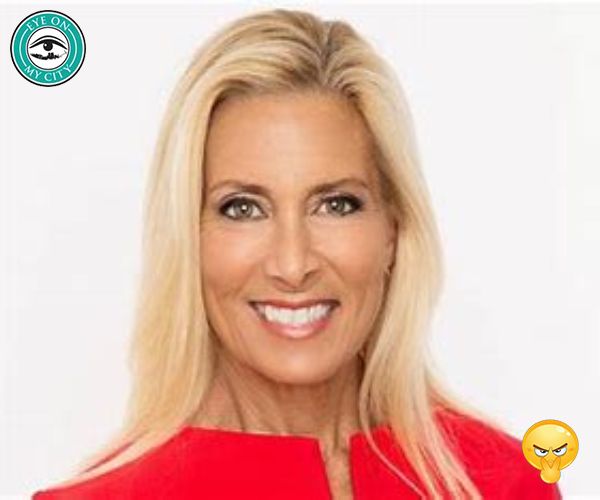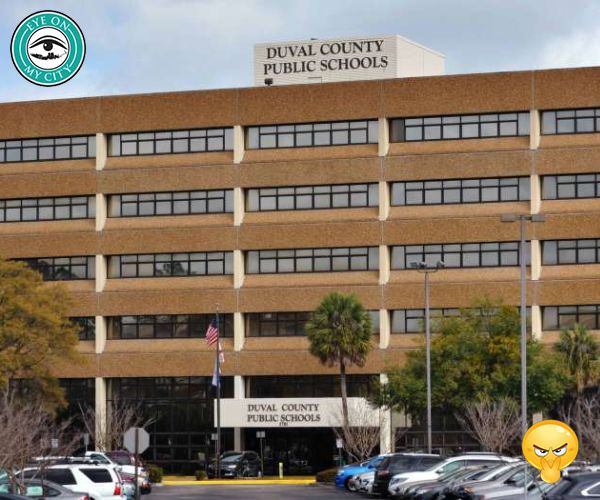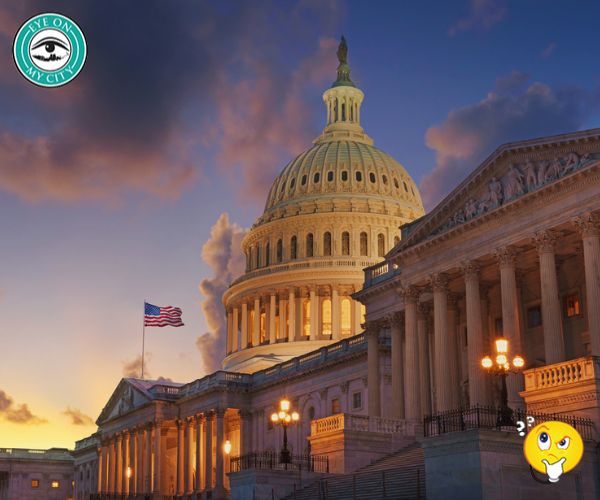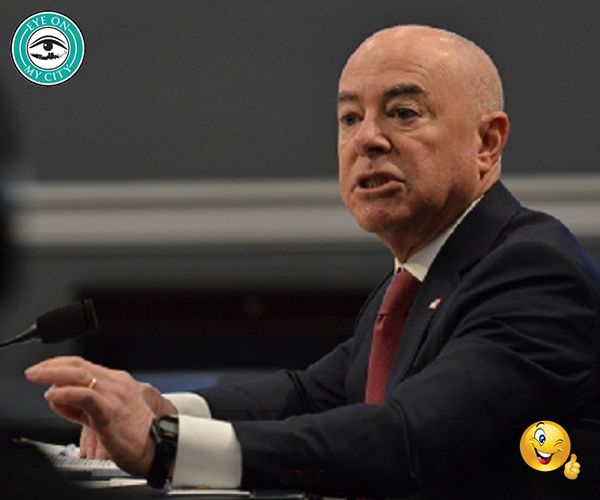In the you-can’t-make-it-up category, the New York Post ran a remarkable story yesterday headlined,
It wasn’t exactly news, per se, but it added some pretty important context to the Boeing doorplug incident, where last week part of the side of the plane “departed the aircraft” going 600 mph at 16,000 feet, fortunately not killing anybody but stripping off one passenger’s shirt, sucking out a bunch of cell phones, and creating what sounds a lot more like a painful ordeal than a relaxing flight.
Anyway, diligent New York Post reporters did some digging and found that for most of the last year, the FAA has been focused on recruiting everyone except qualified candidates including — and I am not making this up — people with issues, euphemistically referred to as “severe intellectual and psychiatric disabilities.”
Um.
The FAA’s “Diversity and Inclusion” hiring plan claimed that “diversity is integral to achieving FAA’s mission of ensuring safe and efficient travel across our nation and beyond.” I think we can all agree that safety and efficiency are, in fact, what the FAA should be aiming for. But what’s not entirely clear is how it helps improve safety and efficiency to put people with “severe intellectual and psychiatric disabilities” in charge of the nation’s critical air industry.
When it comes to air travel, safety first, right? I mean, they even make us take our shoes off, for crying out loud. And don’t get me started on the ‘enhanced’ patdowns. It’s too soon. I’m not ready to talk about it yet.
Don’t get me wrong. It’s good to help disabled people get jobs. I’m all for laws banning discriminating against disabled people who can do the same job as a fully abled person, or however you say it. A person in a wheelchair should be able to get a job as a bookkeeper, with no problems. I’d even allow that the employer might be required to buy that employee a wider desk to accommodate the wheelchair, depending on how much it costs, of course.
But it’s not clear to me at all that employers should be discriminating against non-disabled people by preferring disabled people. That doesn’t seem fair. Beyond that, the FAA seems to have lost the plot a little.
The idea is: it’s good to give a disabled person an equal shot if they can do the same job just as well.
Don’t cancel me.
But I have serious doubts whether issue-plagued people with “severe intellectual and psychiatric disabilities” can do important airline safety jobs just as well as smart, sane people can. Never mind whether they’re severe, I’m not even sure if people with regular intellectual and psychiatric disabilities are a good fit for a high-stress, high-stakes job like controlling airplanes or anything adjacent to that.
I tried to get an idea what “severe intellectual and psychiatric disabilities” at the FAA would actually look like. Good luck if
you want to try. Don’t bother asking AI, it gets completely terrified at the prospect of defining either term and, turtle-like, immediately retreats into pro-sensitivity gobbledygook.
But here’s my best guess how it might look:
FAA FLIGHT CONTROLLER: Go ahead XBB1015.
PILOT: Thank you, flight. Request clearance for landing.
FLIGHT CONTROLLER: 10-4 XBB, please use my pronouns xe/xir. I am having a difficult enough day already. I don’t need more problems from pilots. Over.
PILOT: Sorry, flight, I didn’t get that? Repeat?
FLIGHT CONTROLLER: Look, I am two seconds from blowing my brains out, okay? How about instead of pretending you didn’t hear me, just cooperate and I’ll give you a runway instead of flying you into a mountain? How about that?
Or something like that.
Wait! I just had a notion. Is this story another controlled demolition thing? Are they going after the FAA this time?



